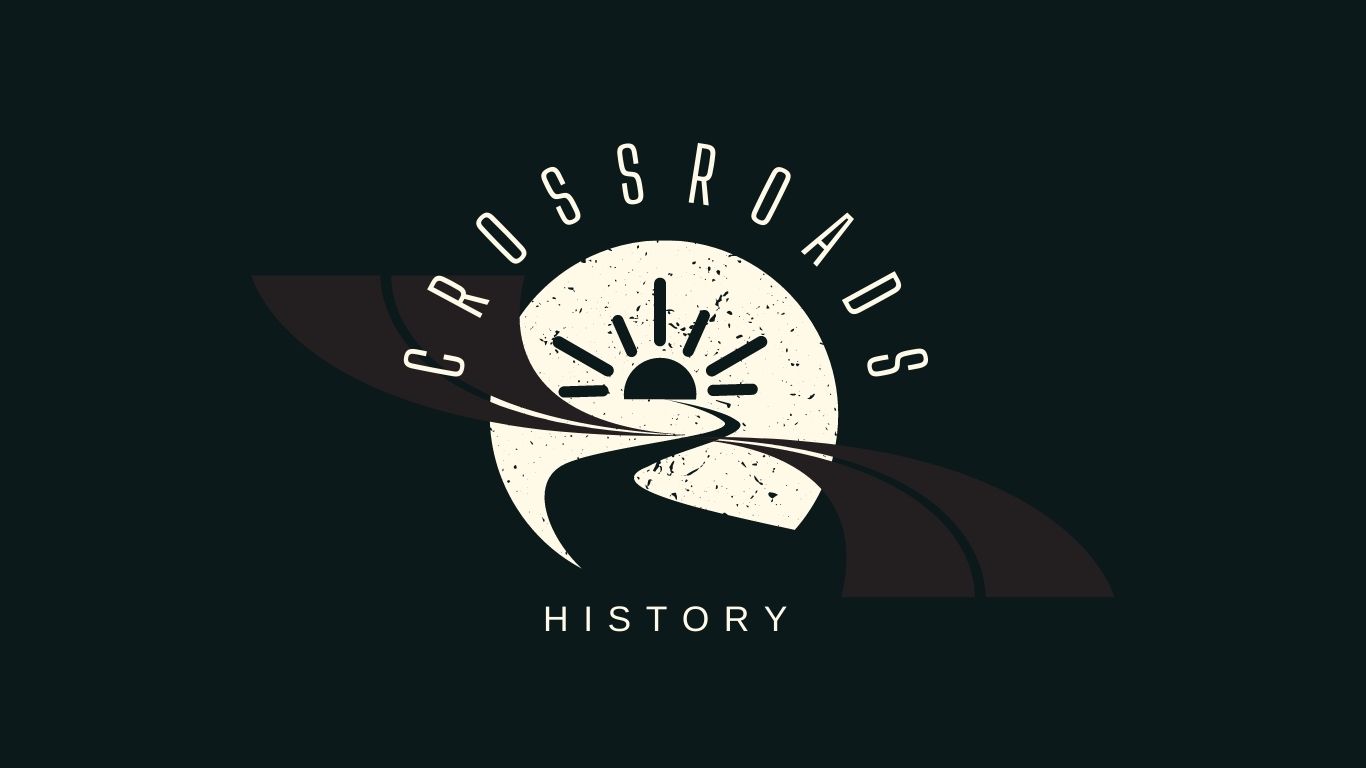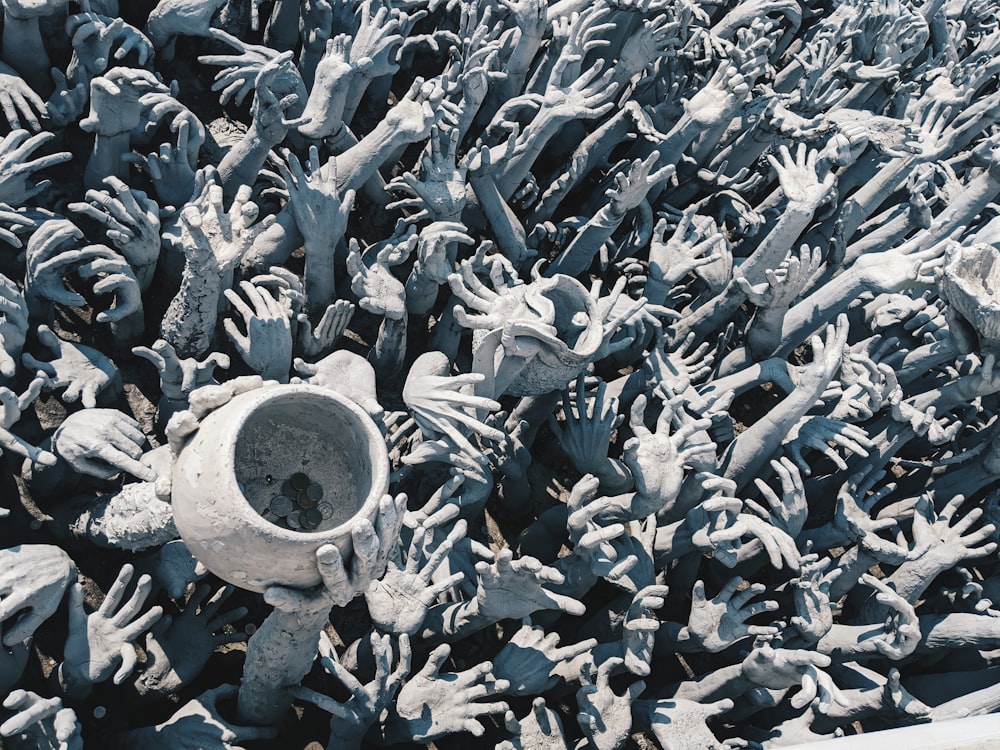Before the Appointed Time
Matthew 8:29 states, “And behold, they cried out, “What have you to do with us, O Son of God? Have you come here to torment us before the time?” The context of this verse is that Christ traveled to Galilee and he and his disciples approached a man possessed by numerous demons. This is where we get the line “We are Legion.” The line mentioned caught me as it reminded me of a piece that I had written previously, on pirates no less. So here it is with some edits.
We really like pirates. The High Seas adventures. The flamboyant clothing. The freedom. “Oh what a pirate’s life could be.” However, in our description of pirates, we often dismiss the crimes of these individuals in favor of emphasizing their pursuit of freedom and independence from society at large. This is especially concerning for the fact that many of the pirates had a penchant for brutality and cruelty, so in those cases, we cannot even use the terrible argument that they were only stealing.
Now I don’t think people love pirates because people love criminals or aspire to be like them. Rather I think it lies in the fact that we all think that there should be an avenue for individuals to act out against society. We admire the rule breaker. We admire the outlaw, the Narco, the Mafia boss, or even the slightly crooked cop ala Dirty Harry. These types of people make their own rules and craft their own reality.
This is not more true than with a pirate. Especially in the days prior to instant communication, to be at sea was to be completely isolated from society. The only rule for what you can do is what you can actually do. Your only limitations were your supplies, your crew, and of course the ever-present sea. It’s not hard to see why some people would not be attracted to this romantic notion of what was actually a very hard, brutal life.
This ability to make your own rules and set your own terms reflects the basic notion of might makes right. Why do you do something? Because I want to and I can. This normless world reflects that of a Marcher Lord fighting on the frontier of a kingdom or a petty king holding onto the little territory and power they have. You need no permission or approval to act. The justification for the actions of the pirate is that I can, therefore, I will.
Hobbes stated I think correctly, about people without society that "No arts; no letters; no society; and which is worst of all, continual fear, and danger of violent death; and the life of man, solitary, poor, nasty, brutish, and short." This reflects the experiences of most pirates. In order for you to be free, you must pay the price it would seem, which is the sort of paradox of freedom in a way. It was apparently Bartholemew Roberts (a pirate) that said, “In an honest service there is thin commons, low wages, and hard labor; in this, plenty and satiety, pleasure and ease, liberty and power; and who would not balance creditor on this side, when all the hazard that is run for it, at worst, is only a sour look or two at choking. No, a merry life and a short one, shall be my motto."
I think for many people the idea of being trapped in society is rather horrifying. To loosely paraphrase the title of an article I once read, “the horror of the same old thing.” We want a hand in our own fate; to feel like we have a choice. That’s why we look up to terrible people sometimes. Whether it be the guy who seems willing to say anything to anyone, or it is the pirate who murders, plunders, and brutalizes without thought for anyone else. I don’t think the people who do this are bad or would ever seriously contemplate doing these things, but, hey, maybe we shouldn’t celebrate thieves and murderers? Just a thought.
To circle back to the verse I referenced at the beginning of this piece, I think we behave like those demons more often than we’d like. The position expressed by Teach is just a more complicated version of “you only have one life.” The demons, when confronted with the Christ, were not terrified by the fact that they had been caught, but rather that He had come early. “Before the appointed time.” They knew their punishment was coming. They knew that they would need to pay the piper. But “No, a merry life and a short one, shall be my motto."


Comments
Post a Comment